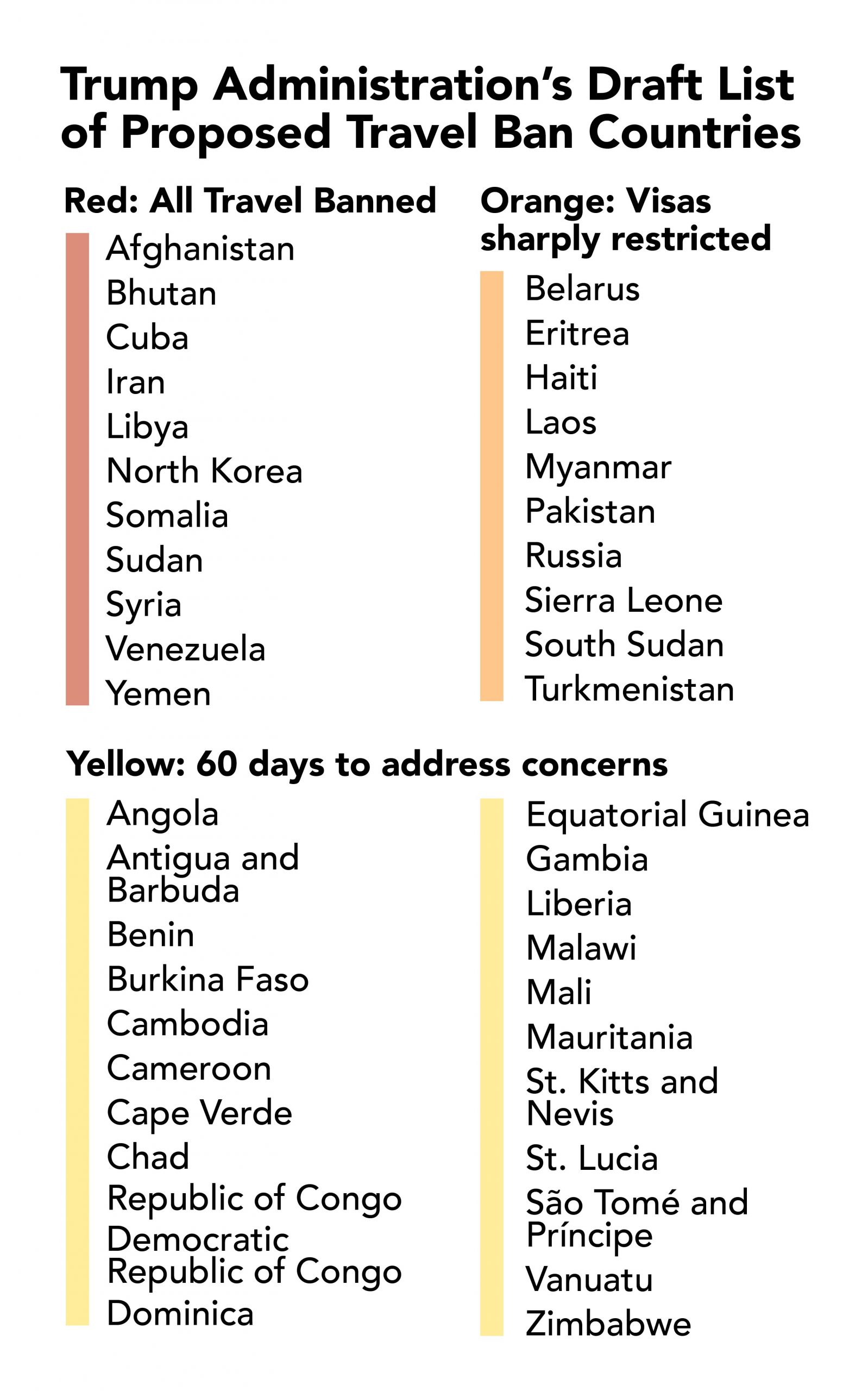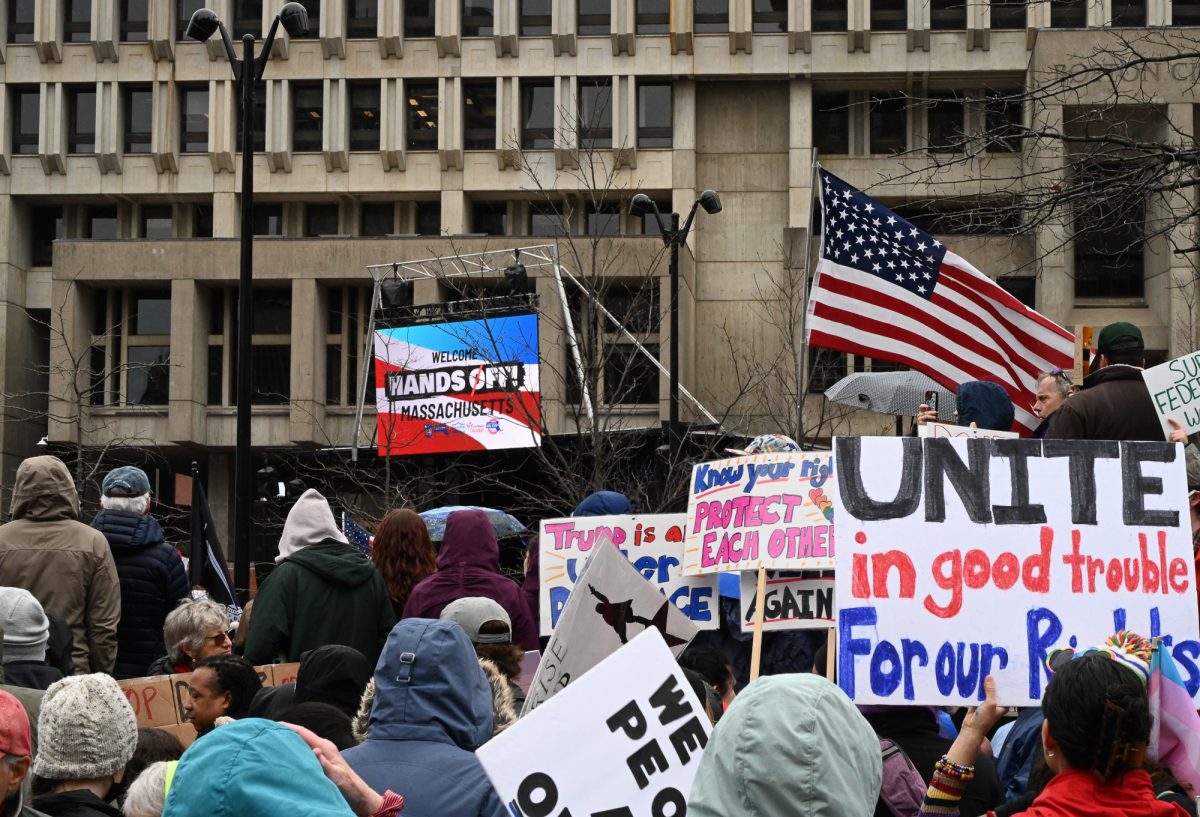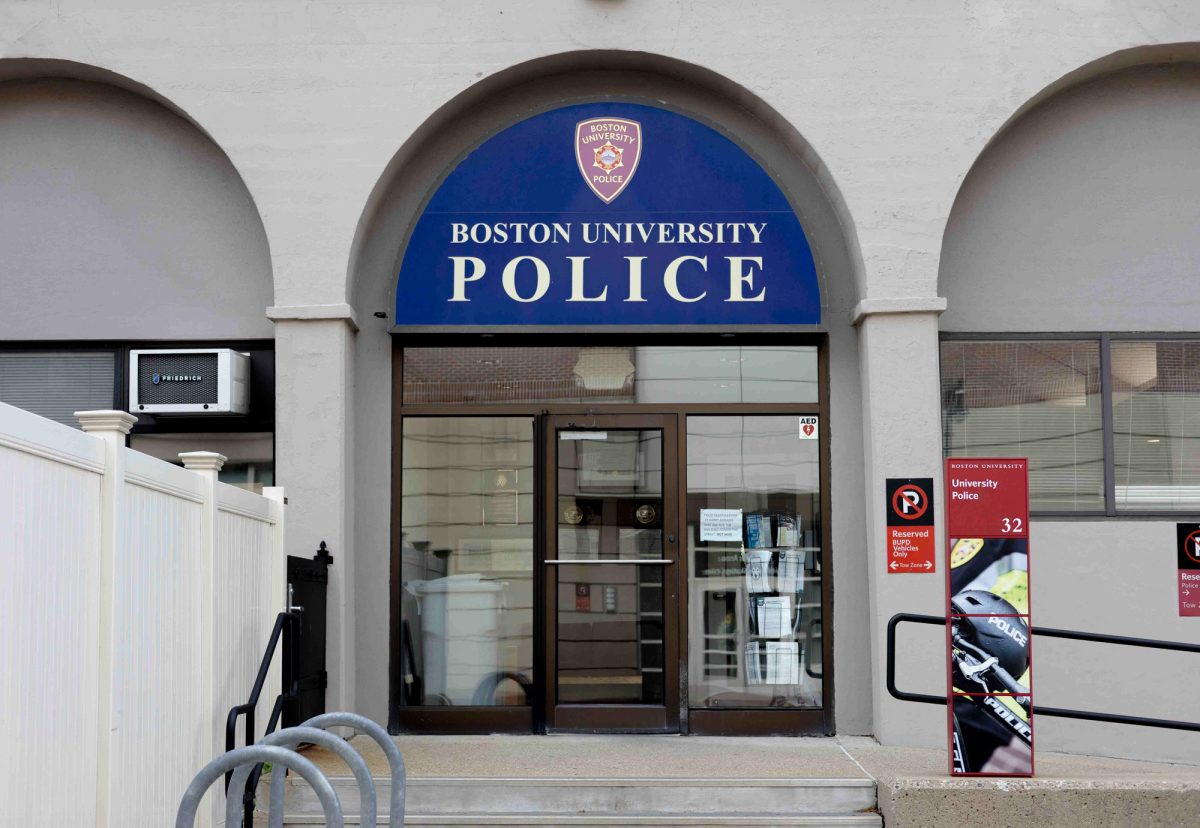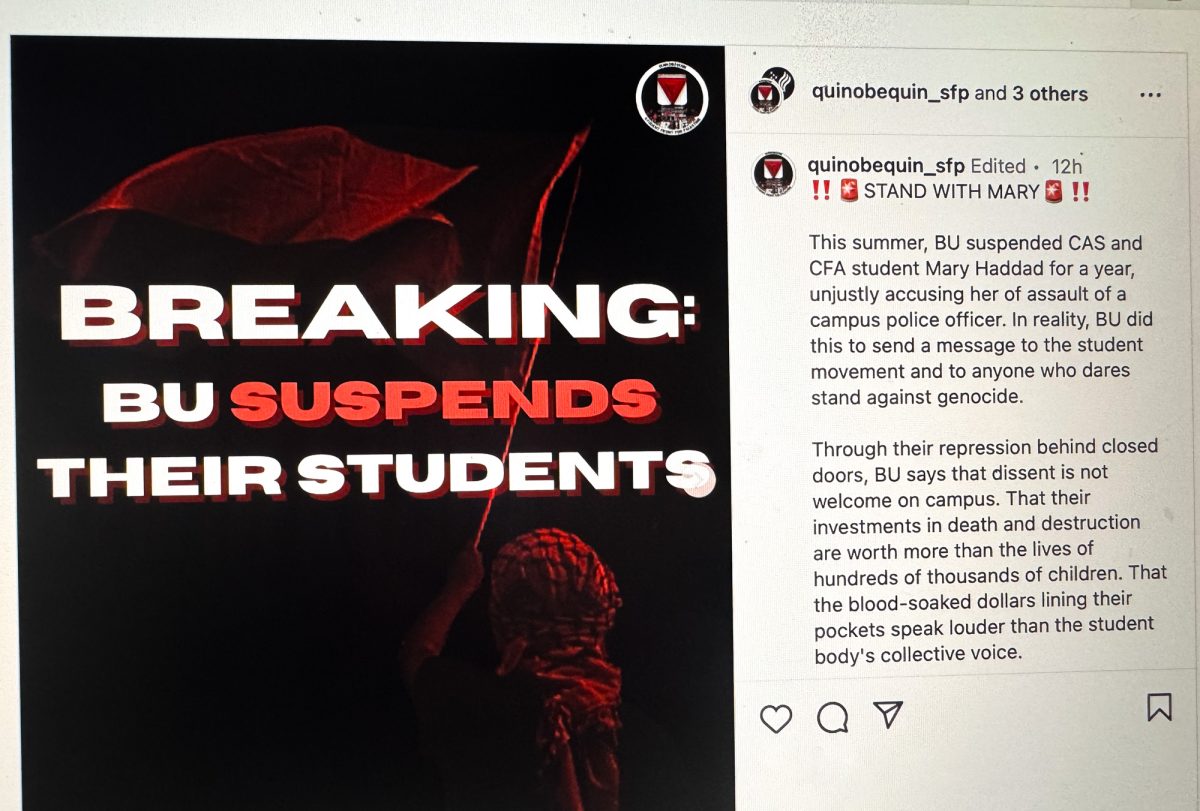As graduation approaches this spring, a Boston University senior from Myanmar had hoped her mom — whom she hasn’t seen in two years — could travel to the United States to watch her receive her diploma.
However, with her home country in political turmoil and U.S. President Donald Trump’s proposed travel ban, traveling overseas may not be an option.
“I really wanted my mom to be able to come to my graduation,” she said. “I just miss my family a lot.”

Myanmar, formerly Burma, is one of the 43 countries included in what is often referred to as the “Trump 2.0 Travel Ban,” according to a New York Times report published March 14.
The proposed ban lists 11 “red” countries whose citizens would be completely barred from entering the U.S., 10 “orange” countries where travel would be restricted, and 21 “yellow” countries that have 60 days to address security concerns or risk tighter restrictions. Myanmar is currently classified as “orange.”
This ban would expand on Trump’s original 2017 executive order restricting travel from seven Muslim-majority countries: Iran, Iraq, Libya, Somalia, Sudan, Syria and Yemen.
Trump’s 2017 ban faced multiple legal challenges before the Supreme Court upheld a later version in 2018.
Heather Yountz, a senior immigration staff attorney at the Massachusetts Law Reform Institute, was part of the legal team that secured one of the first restraining orders against Trump’s 2017 travel ban. She worked alongside attorneys Susan Church and Kerry Doyle, as well as American Civil Liberties Union of Massachusetts Legal Director Matthew Segal, to challenge the order in Boston.
The lawsuit was filed after two Iranian residents of Boston were detained at Logan International Airport, Yountz said.
Trump’s executive order went into effect immediately, generating confusion about who would be subject to the order, she added.
“We opened up the federal courthouse here in Boston on a Saturday night and argued until two in the morning that they should not just stop this illegal practice here in Boston, but everywhere in the United States,” she said.
The Boston federal district court issued a temporary restraining order, blocking the travel ban across the U.S. for seven days, according to the ACLU of Massachusetts.
Yountz said Trump later issued two revised versions of the “Muslim ban.” The third iteration, challenged in Trump v. Hawaii, was upheld as constitutional by the Supreme Court.
That ruling, Yountz said, “potentially supports” another travel ban.
“A lot of Trump’s executive orders have been stopped, and a lot of his policies have been stopped already by the courts,” Yountz said. “This may be the exception because there already is a Supreme Court precedent.”
However, Yountz said there will “certainly” be legal challenges to the order.
“It likely could get stopped at the district court level and at the appellate level, but my guess is the Supreme Court will likely make another decision on it,” she said.

Emma Clement | Graphics Editor
The BU senior from Myanmar said she wasn’t surprised by the current proposed travel ban.
“Trump is kind of making it clear that international people aren’t as welcome here anymore,” the senior said. “I feel like a lot of people will be a lot more hesitant to come to the U.S. to search for education.”
BU’s International Students and Scholars Office has advised international students — especially those graduating — to avoid leaving the country to ensure they can stay and work in the U.S.
Many international students have not been able to visit home for years, and some have already canceled travel plans due to the proposed ban, the senior said. She knows international students who canceled their flights to go home over the summer.
“They’re scared that they won’t be able to come back,” the senior said. “Some of them haven’t gone back since they were freshmen, since they first got here. It’s been sad for them.”
Nkechinyere Onyiriuka, a junior at BU, has a Nigerian passport and family from Nigeria. While Nigeria is not included in Trump’s recently proposed ban, other African countries are on the list, and the Trump administration blocked Nigerians from obtaining American visas in 2018.
“Visas are blocked a lot, passports are blocked a lot, residencies are blocked a lot, unless they’re insanely qualified,” Onyiriuka said.
She said the proposed travel ban exacerbates the “existing stigma” towards international students.
“People underestimate how much work immigrant culture brings into America,” she said.
With uncertainty surrounding the proposed ban’s likelihood of taking effect, Yountz said it remains a risky time to travel for immigrants from one of the 43 countries on the Trump administration’s list.
“What I can say, as an immigration attorney, is that right now is a very bad time for all immigrants to travel,” Yountz said.
She said the most important thing for a person to do if they have difficulty entering the U.S. is to get in contact with an attorney as soon as possible.
Yountz said she is less concerned about U.S. citizens “who have naturalized,” but “green card holders and below” may be “swept up” in Trump’s policies as the program is implemented.
For international students, the travel ban continues to cause uncertainty and fear surrounding their ability to stay in the U.S. or visit their home countries.
“We’re just trying our best to stay,” the senior said. “I’m jealous of my friends who can fly across the country to go meet their parents or any other country [where] it’s easier to go back than mine.”
























































































































